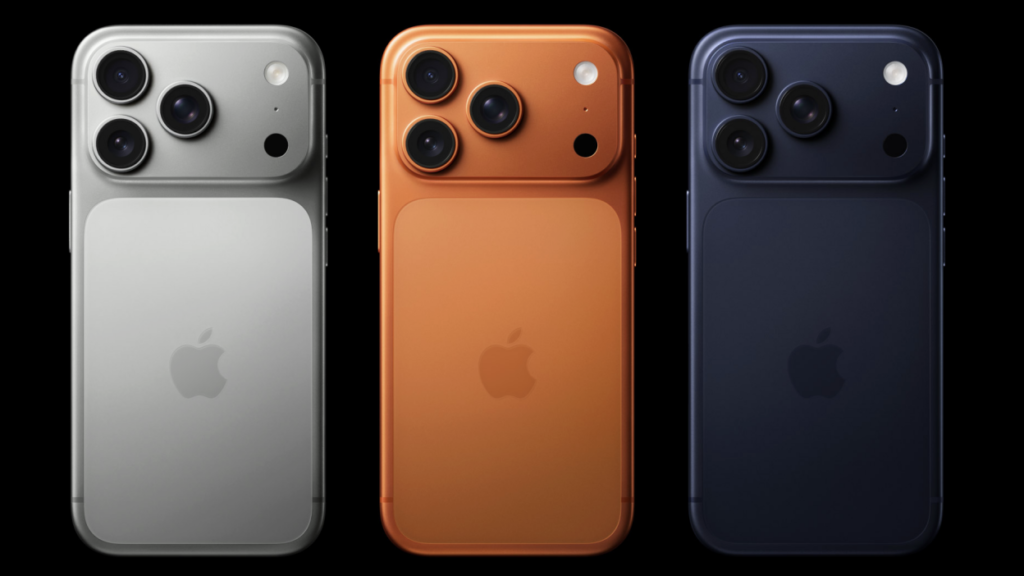By Atoyebi Nike
Apple Inc. has lost $56.8 billion in market value since unveiling its new iPhone 17 on September 9, a launch that has so far failed to win over Wall Street.
Shares of the $3.5 trillion tech giant fell 1.6 percent between September 9 and 12, with the sharpest drop on September 10, when Apple stock slid 3.2 percent just a day after the announcement. Analysts said the steep sell-off reflected disappointment that the iPhone 17 offered only incremental updates rather than breakthrough innovation.
A rebound followed on September 11 as early pre-order data helped ease concerns. On September 12, Apple opened global pre-orders for the new device, and figures from China its second-largest market showed record-breaking day-one demand, suggesting resilient consumer appetite despite wider economic headwinds. That enthusiasm lifted Apple shares 1.29 percent in pre-market trading on September 15.
Still, the company’s broader performance has lagged. Apple stock is down 4.01 percent year-to-date, underperforming the S&P 500’s 14.84 percent gain. Analysts attribute much of this gap to Apple’s slower embrace of artificial intelligence, a sector dominating investor sentiment in 2025.
The company has faced turbulence in its AI strategy, marked by the recent departure of senior executive Robby Walker amid frustrations over product integration delays. Meanwhile, rivals such as Microsoft, Google, and Nvidia have surged ahead in AI offerings, fueling their market gains.
Geopolitical pressures have also added strain. President Donald Trump’s tariff policies targeting Chinese imports have hit Apple’s supply chain. While the company has shifted parts of its iPhone production to India to reduce risks, it continues to navigate disruptions.
Apple has pledged to invest $500 billion in the U.S. over the next four years, a move seen as both a hedge against trade tensions and a signal of long-term domestic commitment.
For now, the muted reception to the iPhone 17 underscores both short-term doubts about product innovation and long-term concerns over Apple’s positioning in an AI-driven tech future.


